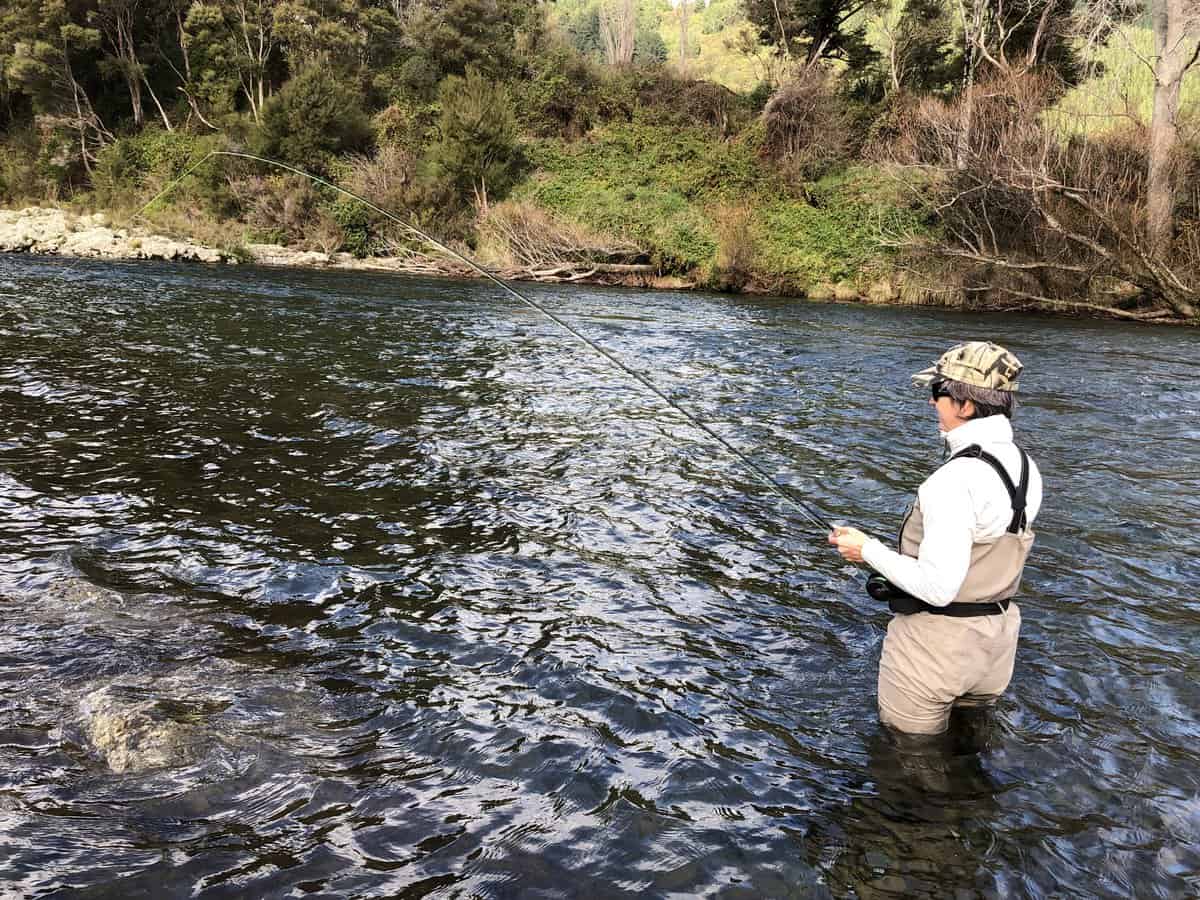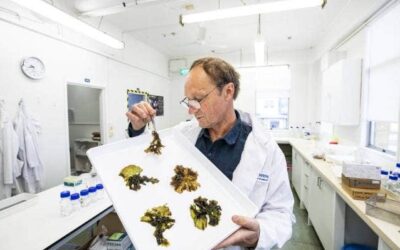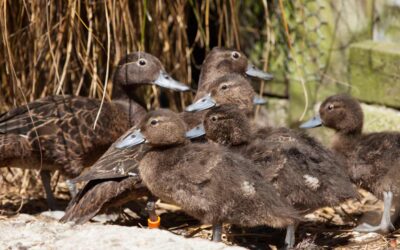Understanding divergent perspectives on introduced trout in Aotearoa
The Cawthron Institute, with funding from the Biological Heritage National Science Challenge, have conducted a study that explores divergent experiences and perspectives on introduced trout.
The study, published in Kōtuitui: New Zealand Journal of Social Sciences, involved interviewing people with key roles and unique knowledge in freshwater fish management. Interviewees included Māori knowledge holders, freshwater fish management staff, and native fish and salmonid scientists. The interview topics ranged from personal experiences with trout to policy settings for fish management.
The responses from interviewees included markedly different experiences of and perspectives on trout. However, it also identified plenty of common ground and shared values that will help to guide future conversations about the management of introduced species.
The hope is that the study’s findings inform future conversations about the management of introduced species by broadening the objectives of trout management, to beyond just the wishes of trout anglers. The study’s authors argue this will reduce the harm they cause and strengthen the role that trout and their advocates have in protecting and connecting people with freshwater.
Funder: Biological Heritage National Science Challenge
Researchers: Marc Tadaki, Robin Holmes and Kiely McFarlane of Cawthron Institute and Dr Jane Kitson of Kitson Consulting Ltd.
Contact Marc Tadaki or Robin Holmes.

Image: Cawthron Institute.
Marc Tadaki
Social scientist

Robin Holmes
Team Leader – River and Lake Ecology

Other freshwater health projects
Frederick Laroche
Frederick Laroche Front-end Developer...
Cawthron Institute and iwi partners secure Vision Mātauranga Capability Fund support for collaborative seaweed research
Cawthron Institute and iwi/hapū research partners are celebrating the success of two mātauranga Māori focused research projects that have secured funding through the 2025 Vision Mātauranga Capability Fund (VMCF), administered by the Ministry of Business, Innovation and Employment (MBIE).
Urgent Action Needed to Prevent Extinction of Pāteke on Aotea Great Barrier Island
A new study has revealed that the remnant population of the endangered pāteke/brown teal on Aotea Great Barrier Island is at serious risk of extinction within the next century. The study has found there is a 46% likelihood of the bird disappearing entirely and a 99% chance of dwindling to fewer than 50 individuals.


